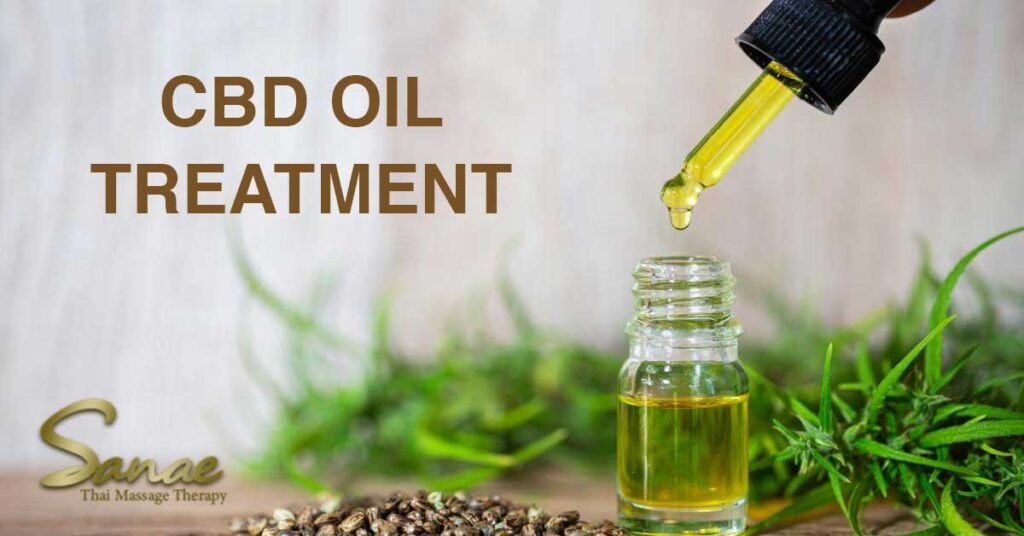CBD oil has recently revolutionised the health and wellness sector. It has grown to be a popular option for people looking for alternative treatments for a variety of health ailments due to its possible therapeutic benefits and minimal side effects. This extensive guide will cover all you need to know about CBD oil, including what it is, how to use it, and some key factors.
What is CBD Oil?
One of the more than 100 cannabinoids present in the cannabis plant is CBD, often known as cannabidiol. Tetrahydrocannabinol (THC), CBD’s counterpart, is psychoactive, however CBD is not, therefore it won’t get you “high.” When CBD is taken from the cannabis plant, it is condensed into CBD oil, which is then diluted with a carrier oil like coconut or hemp seed oil.
Potential Benefits of CBD Oil
Research on CBD oil is ongoing, but it has shown promise in addressing a wide range of health issues. Some potential benefits include:
1. Pain Relief: By interacting with the endocannabinoid system, which is involved in controlling pain, CBD may help reduce chronic pain.
2. Anxiety and Depression: Numerous studies have found evidence that CBD may have anxiolytic (anxiety-reducing) and antidepressant properties, making it a possible treatment for people with mood disorders.
3. Sleep Disorders: By addressing the underlying causes of insomnia, such as worry or discomfort, CBD may help people sleep better.
4. Epilepsy: A CBD-based medicine called Epidiolex has received FDA approval for the treatment of uncommon types of epilepsy such Dravet syndrome and Lennox-Gastaut syndrome.
5. Inflammation: Due to its anti-inflammatory effects, CBD may be helpful for ailments like autoimmune disorders and arthritis.
6. Skin Conditions: Acne, eczema, and psoriasis are some of the skin diseases that can be treated with topical CBD treatments.
7. Neurological Conditions: According to research, CBD may be helpful in treating neurological conditions including Parkinson’s and Alzheimer’s.
It’s crucial to remember that while CBD may be useful for many illnesses, further study is required to prove this.
How to Use CBD Oil
CBD oil comes in various forms, and the best method of consumption depends on your preferences and the condition you’re trying to address:
1. Sublingual (Under the Tongue): Place a few drops of CBD oil under your tongue and hold it there for 30-60 seconds before swallowing. This method allows for quick absorption into the bloodstream.
2. Edibles: CBD can be included in a variety of foods and drinks, including gummies, chocolates, and beverages. Remember that when something is consumed, it takes longer to feel the consequences.
3. Topical: For targeted relief, creams, lotions, and balms laced with CBD are applied directly to the skin.
4. Inhalation: Through vaporizers or e-cigarettes, CBD can be breathed, providing quick relief but with possible hazards to the lungs.
Since dosage varies from person to person, it’s best to start with a low dose and raise it gradually until you reach the ideal dosage for your requirements. Determining the right dosage may also need consulting a medical expert.
Important Considerations
When considering CBD oil treatment, keep the following factors in mind:
1. Legal Status: State and national CBD regulations differ. Before buying or utilising CBD products, be sure you are aware of local laws.
2. Quality Matters: Pick CBD products with a good quality reputation from reliable producers. To ensure the product’s efficacy and purity, look for independent lab testing.
3. Potential Side Effects: Although most individuals tolerate CBD well, some may develop side effects such dry mouth, diarrhoea, or changes in appetite. If you have any worries, talk to a doctor.
4. Drug Interactions: Certain drugs and CBD may interact. Before consuming CBD if you take prescription medications, talk to your doctor.
5. Full-Spectrum vs. Isolate: Full-spectrum CBD isolate is pure CBD, whereas CBD comprises other cannabinoids and chemicals. Your tastes and desired outcomes will determine which option you choose.
To sum up, CBD oil has drawn interest due to its possible medicinal advantages and negligible adverse effects. However, it’s crucial to use it with carefully, do extensive research, and get advice from a healthcare provider as needed. With the correct knowledge and direction, CBD oil could be a safe, all-natural solution for a range of medical issues.

